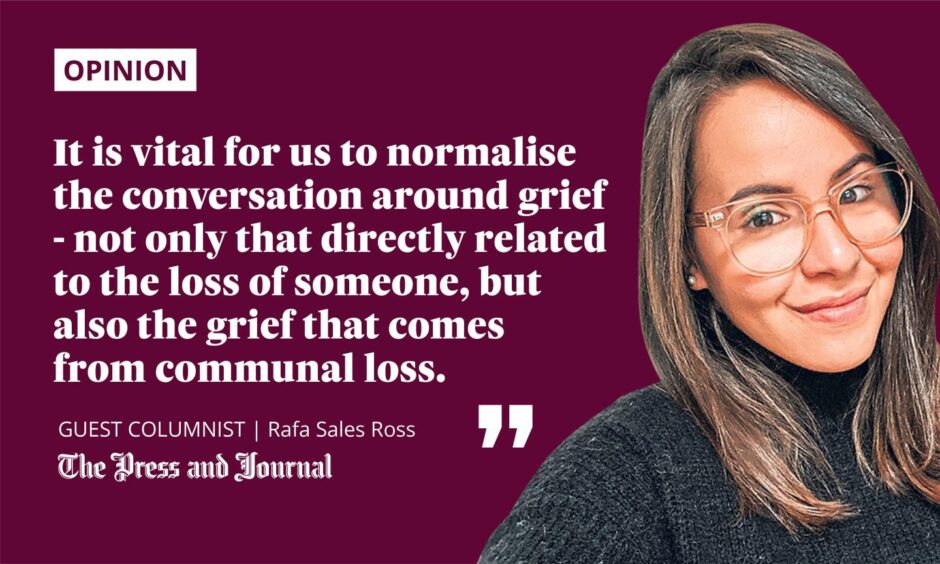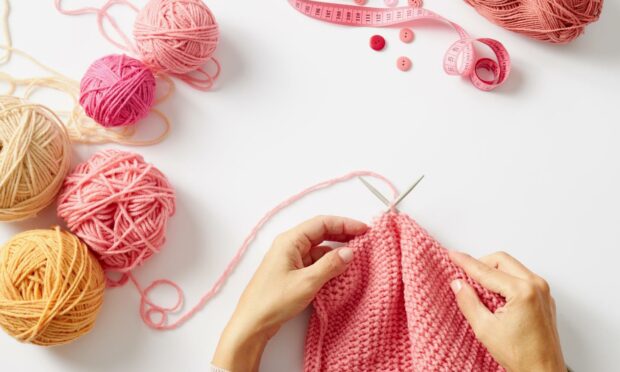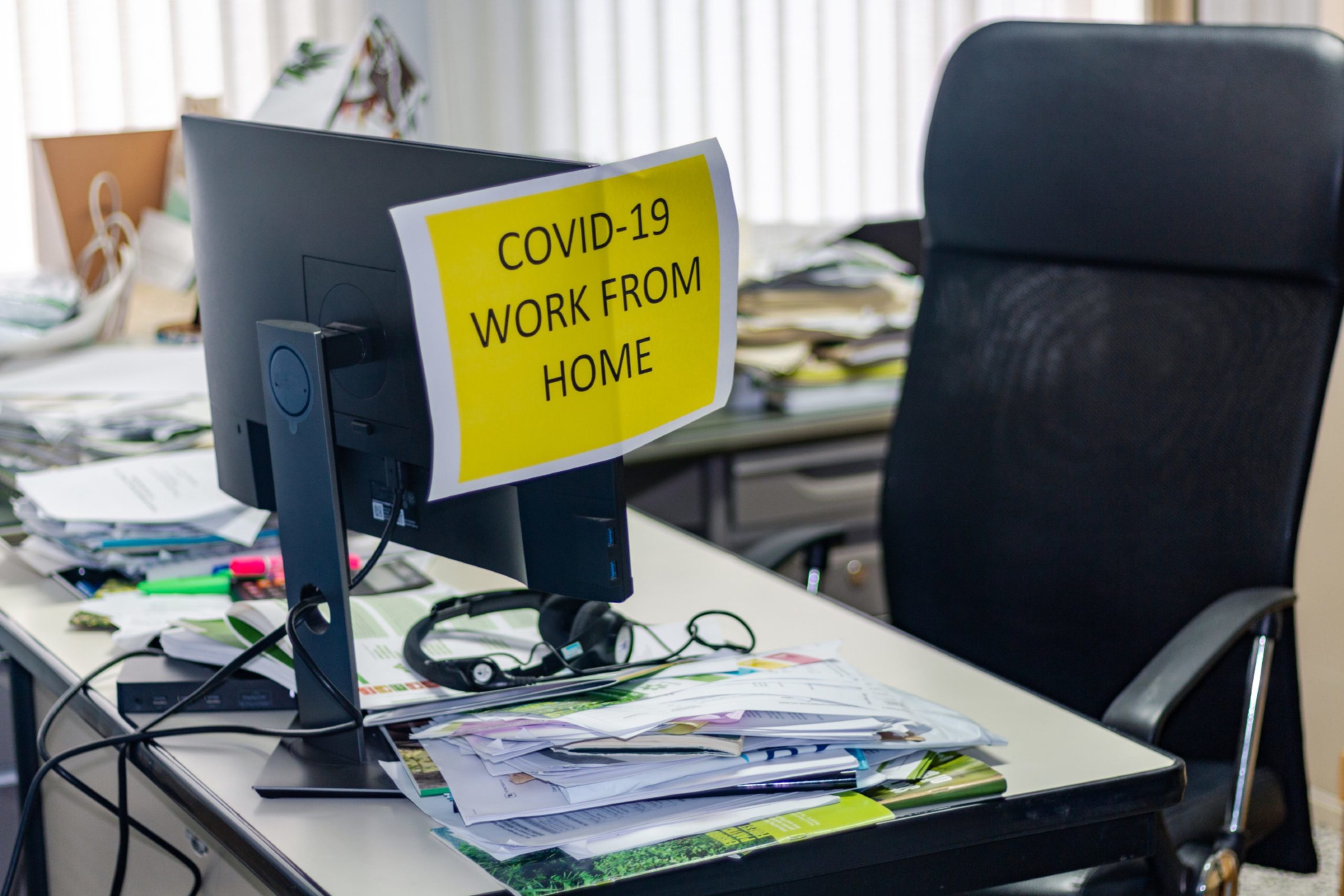As lockdown number one neared its end, I had a horrific case of tendonitis.
The most menial of tasks became impossible, from washing my hair to switching channels on the television. It was only when the physical pain reached unbearable levels of intensity that I found myself reflecting on how I had got to that point.

Like many others, I left the office on a Tuesday morning in March of 2020 with the comforting certainty that I would be back in two weeks. My confidence was such that I didn’t even bother to take home with me the wee bag of oats I had bought on Monday for future breakfast emergencies. I did not think of packing my stapler and barely gave a second thought to the scattered documents in the little red nook by the window.
On my way out, I waved at my coworkers, who jokingly said: “Maybe two weeks at home won’t be so bad.”
By now we all know it was, indeed, bad. Worse than bad. Terrible. As two weeks turned into a month, I became acquainted with the word (and the concept of) furlough and, before I realised it, I found myself not needing to work for the first time since I started my professional life over a decade ago.
I found it inconceivable to be unproductive
As soon as my inbox became quiet, my phone enveloped in the unfamiliar bubble of stillness, my mind was left to wander. The reality of what was happening suddenly turned into a wild ocean and I was nothing but a makeshift raft – vulnerable and hopeless.
I needed to find something to occupy my thoughts. So, just one or two days before all shops closed for good, I drove to the nearest Hobbycraft and bought an obscene amount of yarn, along with every single possible tool needed to learn how to knit.
At first, knitting felt impossible. I kept coming back to memories of my grandmother’s skilled hands moving from side to side in a mix of grace and urgency. There was magic in the repetition, something entirely new created from the simplicity of the same two or three movements. Alas, in my case, there was no such thing as grace or magic, only loud sighs of frustration and unexpectedly sore knuckles.
However, as the hours turned into days, it all started to make sense. I now knew what purl and knit meant, I dabbled in garter and stockinette – oh, my, could I possibly try my hand at the herringbone? Yes, I could. And I did.
If my time was not consumed by a job, it had to immediately be consumed by something else
Scarves became shawls that became hats that became sweaters. In the wonkiness of my beloved stitches, I found the comfort I so desperately craved. But it was more than that. Knitting replaced work. To me, it was inconceivable to be unproductive. If my time was not consumed by a job, it had to immediately be consumed by something else. And, just like that, my darling knitting became a micro-business, with an online shop and social media channels that needed to be constantly updated.
And this, dear reader, is how I ended up with a severe case of tendonitis.
We don’t have to be slaves to self-improvement during hard times
Much has changed in the year since. I still knit, but my shop is now closed. I take joy in making things for the ones I love and try to find the time to dust off my needles amidst a resurrected routine that grows increasingly busy. Most importantly, the searing pain of tendonitis forced me to stop – properly stop – and digest the immeasurable pain caused by the pandemic. It was in the discomfort of having shattered hands that I allowed myself to grieve.
As we face the terrifying development of yet another strain of this virus, I beg you all to pay no mind to the constant outpour of social media gloating that often masks the dire truth: times of great shared sorrow do not need to be about self-growth.
It is wonderful to be able to celebrate our victories at a time when life feels particularly difficult, but it is vital for us to normalise the conversation around grief – not only that directly related to the loss of someone, but also the grief that comes from communal loss. From turning the TV on and seeing non-stop news about death and suffering. The grief that comes from losing plans, hopes, time.
My tendonitis is healed now, but a lot of other wounds remain open. I imagine they will stay that way for quite a while still. Yet, I feel proud of having put my yarn down – literally and metaphorically.
In the year to come, I hope we all have hands free of pain, time free of pressure, joy and health pouring until the cup runs over. Merry Christmas, everyone.
Rafa Sales Ross is a writer from Aberdeen


